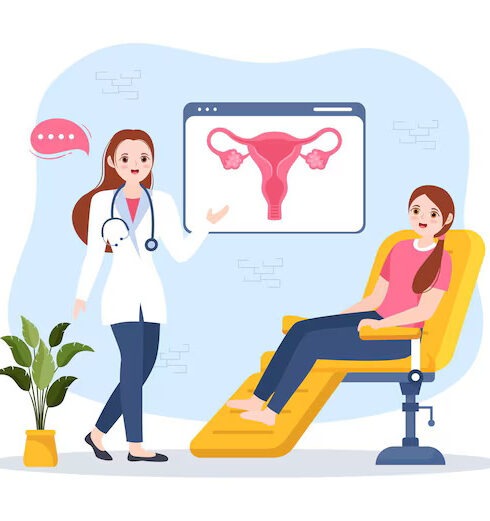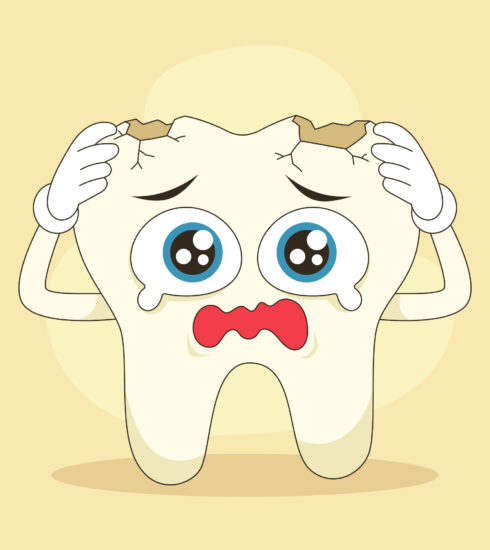A closer view of the Butterfly-Shaped Gland
- Dr. Anshul Jain, Indore

- April 20, 2024
A closer view of the Butterfly-Shaped Gland
The thyroid gland is one of the largest glands in the human body. Its role is to produce thyroid hormones. Thyroid hormones act throughout our body & affect our metabolism, growth & development, & body temperature. Adequate thyroid hormone is crucial for brain development in early childhood.
Thyroid disorders are one among the most common endocrine disorders worldwide. In India too there is a significant burden of thyroid diseases.
Five common thyroid diseases in India are:
- Hypothyroidism (deficiency of thyroid hormone)
- Hyperthyroidism (overproduction of thyroid hormone)
- Goitre (abnormal enlargement of the gland) & iodine deficiency disorders
- Hashimoto’s thyroiditis (auto-immune disorder)
- Thyroid cancer
Early diagnosis & treatment significantly impact the management of the disease. The incidence & type of thyroid disease depends on sex, age, ethnicity, geographical factors & most importantly on iodine intake.
A high intake of iodine is associated with lower prevalence of goitre & hypothyroidism. Whereas low intake is related to higher prevalence of hyperthyroidism. hypothyroidism & hyperthyroidism are more common in women than men.
Endocrinologists are specialist doctors who treat hormone problems like thyroid disease & others.
There are many misconceptions about thyroid disease, here are few most common ones:
- Thyroid symptoms disappear immediately once the medication starts.
-It takes time for thyroid levels to normalize. Some people need medicines for months before they begin to feel better.
- People with thyroid will be on medication for life.
-It depends on the individual and the reason for thyroid development. For example, few women develop thyroid problems during or after pregnancy. In such women, once the hormone levels are stabilised, medication can be modified.
- One may skip or stop medication if the symptoms are mild.
-Thyroid is responsible for many critical bodily functions. Absence of treatment even for mild symptoms of the disease may lead to significant health problems like heart disease, osteoporosis, & infertility.
- Thyroid disease strikes in mid or late stages of life.
-Thyroid conditions can arise at any age. While hypothyroidism usually hits after the age of 50, hyperthyroidism (or an overactive thyroid) is most common in people between 20-40 years of age.
- Symptoms of thyroid are often visible.
Symptoms of both hypothyroidism & hyperthyroidism are vague & can be easily missed, hence may often get ignored. Early signs may include:
- Abnormal weight gain
- Neck enlargement
- Change in bowel habits
- Change in sleeping patterns
- Mood fluctuations
- Mild anxiety or depression
- Frequent & heavy menstrual flow
- Thinning hair, dry hair, & hair loss
- Skin dryness
- Difficulty in conceiving
- Weakness – feeling exhausted
- Muscle cramps or joint pain
A consultation with an endocrinologist is advisable in such cases.









